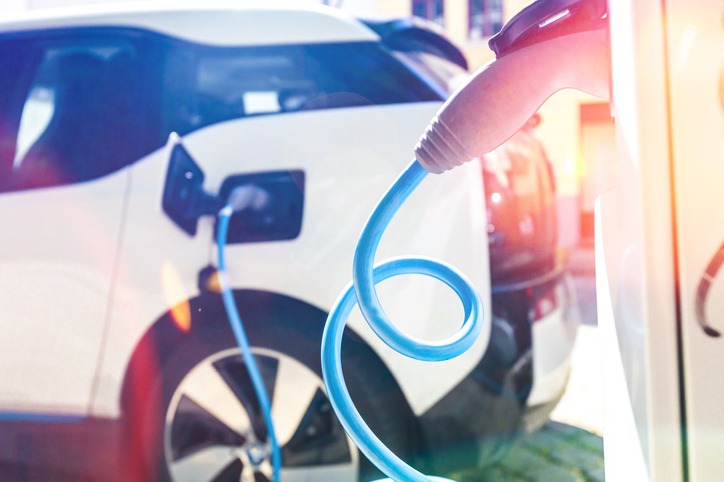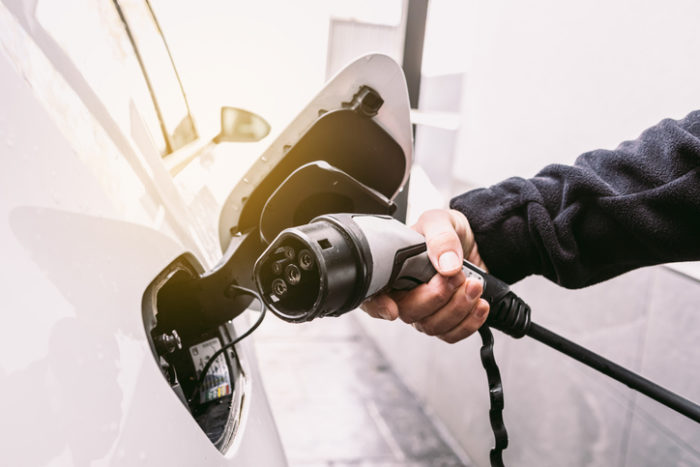Germany’s VDA teams up with CharIN on EV charging-infrastructure goals
06 May 2022

The German Association of the Automotive Industry (VDA) and the Charging Interface Initiative (CharIN) are joining forces to speed up the expansion of the charging infrastructure in Germany. The two organisations are also going to cooperate on improving the quality of electric-vehicle (EV) charging, with the goal of optimising the interface for consumers.
Both organisations bring expertise in the area of charging infrastructure and electromobility. They are hoping that their partnership will support the German government’s ambitious plans to install one million public-charging points by 2030.
The VDA and CharIN aim to develop joint positions on the further expansion of charging technology and infrastructure. They aim to offer recommendations for the development of suitable charging infrastructure, while also exchanging electromobility-related market data. Cooperation on events, in the context of EV charging, is also planned.
Efficient EV charging infrastructure
‘The transformation of the automotive industry is a task of the century which we are tackling energetically,’ said VDA president Hildegard Müller. ‘A comprehensive and efficient charging infrastructure is and remains a key to the success of electromobility. This applies to the passenger-car sector as well as to commercial vehicles. We are pleased to partner with CharIN to accelerate the rollout and make charging easy and convenient for the public.’
The VDA is among the leading voices of the automotive industry in Germany, supporting electrification, digitalisation, and technology – all in the name of modern mobility. It organises the international industry events IAA Mobility and IAA Transportation.
Cooperating with CharIN will broaden the VDA’s partnership network as CharIN is an international association of vehicle manufacturers, energy suppliers, and manufacturers. It pursues a clear goal of establishing the combined charging system (CCS) as a global charging standard for all types of battery-powered electric vehicles. Representing more than 250 electromobility stakeholders from across the EV-charging value chain, it has built a growing presence in Europe, Asia, and the US.
Interoperability between EVs and charge points
‘Global interoperability between vehicles and charging points from different manufacturers, increasing investment in the necessary charging infrastructure, and smoothly working technology are crucial to steadily increase the acceptance of electric vehicles. Association and industry partnerships at national level with a global perspective provide essential support,’ CharIN said.
Earlier this year, the VDA criticised the insufficient expansion of the local-charging infrastructure, which it says hinders the ramp-up of electromobility in the country. In a position paper, it suggests that €5 billion should flow into public and private charging points by 2025. The VDA also urged that infrastructure needs to expand proportionally to keep up with the growing adoption of EVs.
The Federal Ministry for Digital Affairs and Transport is working on a charging-infrastructure master plan, aimed at expanding both public and private charging infrastructure. The coalition government is pursuing clear goals around electromobility and wants to see 15 million EVs on the roads by 2030. The VDA argues that a comprehensive and efficient EV charging infrastructure remains key to make electromobility a success in the country.



